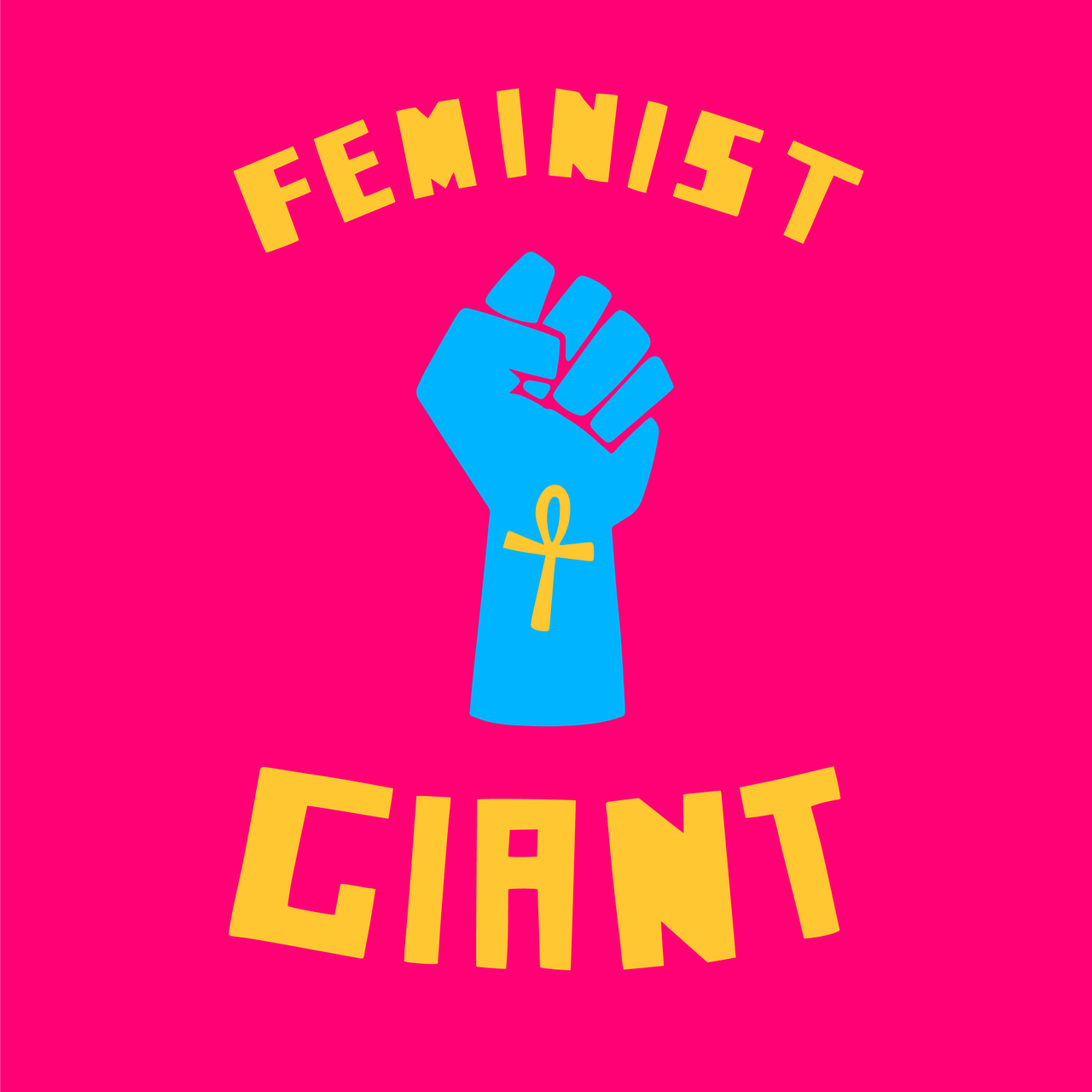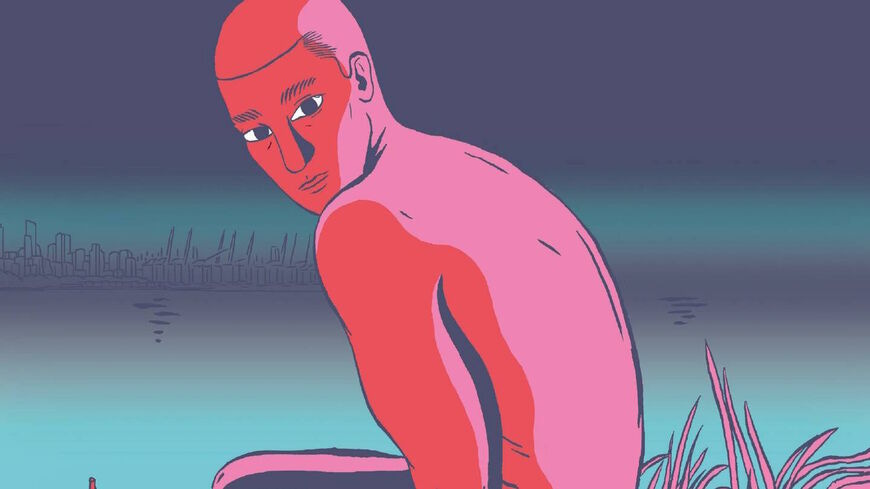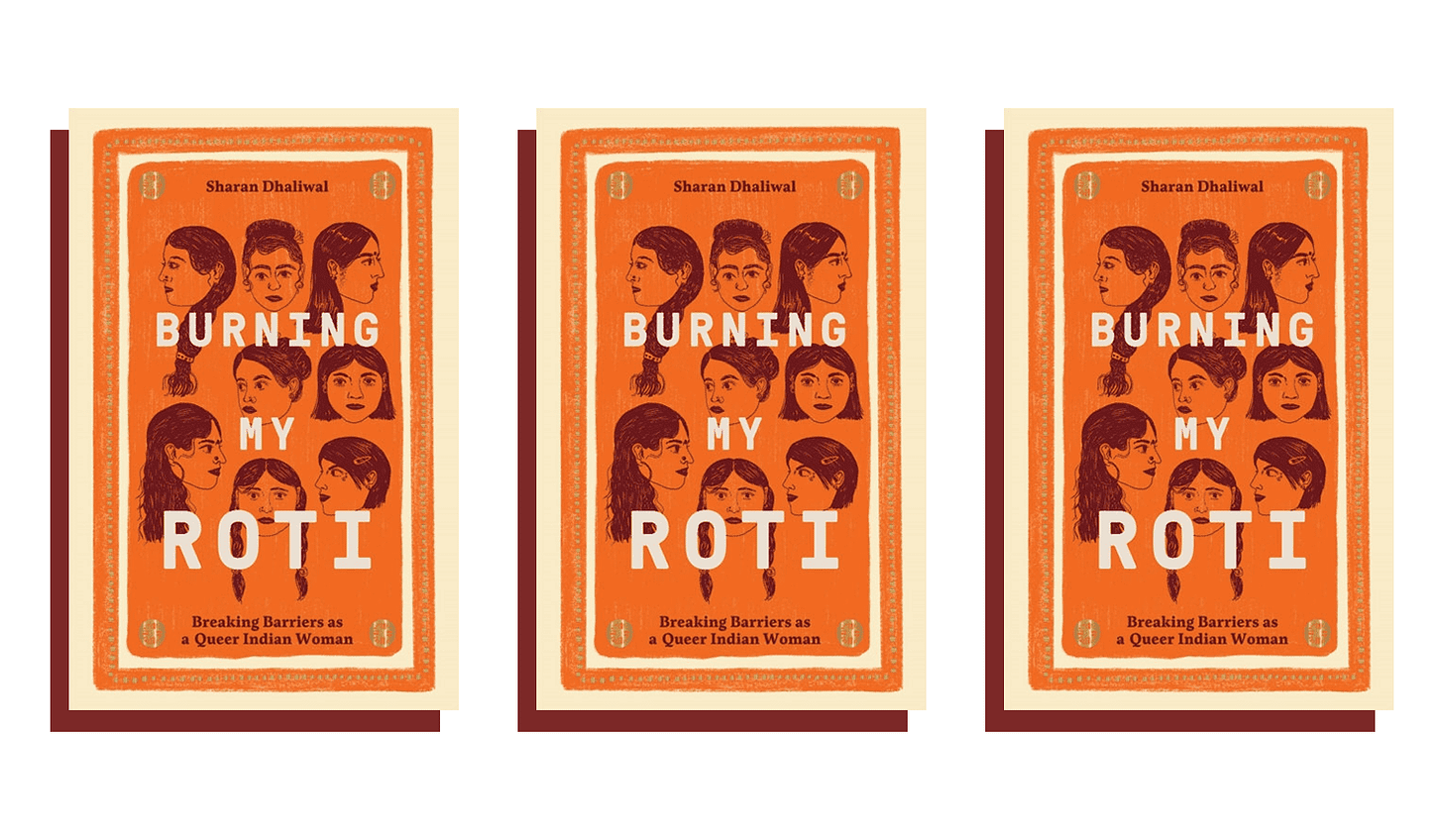Global Roundup: Indonesia Sexual Violence Bill, Indigenous Woman’s Murder Reignites Call for Shelter, Zimbabwe Young Women in Politics, Queer Artists in Lebanon, South Asian Queer Writer
Curated by FG contributor Samiha Hossain
Activists carrying placards take part in a rally to support women's rights calling for gender equality and to protest against gender discrimination, during the International Women's Day outside the National Monument (Monas) complex in Jakarta, Indonesia, March 8, 2022. REUTERS/Willy Kurniawan/File Photo
Women’s rights activists hope that the Indonesian parliament will soon pass a sexual violence bill that seeks to make it easier to build cases and secure convictions. The National Commission on Violence Against Women (Komnas Perempuan) and civil society groups first proposed the idea of legislation in 2012 and a bill was submitted to the house in 2016. Its progress has been stalled by several political parties including conservative, Islamic ones that say the bill does not regulate against extramarital sex.
In 2020, the Supreme Court jailed sexual harassment victim Baiq Nuril Maknun for six months and fined her $36,000 for circulating recordings of lewd telephone calls received from her boss, a school principal. Moved by the injustice of the case, President Joko Widodo granted Nuril amnesty, gaining plaudits from women's rights groups, though they believed the outcome would do little to tackle the increasing blight of sexual harassment in the country. Today, Nuril is hopeful that the new legislation will be passed and victims are able to speak up.
Prosecuting sex crimes has been complicated by the absence of a dedicated legal framework and activist say victims are worried about being shamed during questioning, detering them from speaking up. In January, Widodo told his government to expedite new legislation – it could pass as early as next month. The National Commission on Violence Against Women received 4,500 complaints of sexual violence from January to October last year, twice the amount reported in 2020.
It should have been the state's responsibility to help women and victims of sexual abuse a long time ago. - Tunggal Pawestri, activist consulted on the bill by parliament
The latest draft of the bill prescribes prison terms for offenders and compels them to pay restitution to their victims. It also requires local authorities be trained to handle sexual violence cases and provide victim counselling. However, civil society groups say the bill is limited in scope, with only five sex crimes included. Lawmakers say some are omitted from the latest draft because they are included in revisions of other legislation still being deliberated. Women’s rights activists continue to urge the government to prioritize tackling sexual violence.
Mardi Broad Scalplock, 33, was found murdered in a Siksika Nation home Feb. 27, 2022. via Global News
CW: gender-based violence
Barry Junior Yellowfly, 41, has been charged with second-degree murder of Mardi. He remains in custody and is expected to appear in court near the end of March. Mardi’s family held a vigil for her where attendees donned purple ribbons, a symbol for domestic violence.
We are going to bring the world awareness — to the nation, to the world, to the communities. Because I know Mardi is not the only one that has gone through this. And I know she’s not the only one who’s going to go through this. We want to bring about awareness in her name and her memory and encourage everybody. - Doralynn McMaster, long-time friend of Mardi
Mardi’s mother, Mildred Broad Scalplock said she wants justice for her daughter. She states that the family wants to “completely get rid of domestic violence in the community, and for those that have died from tragedies, such as Mardi, that their deaths do not get swept under the carpet.” Scalplock said it’s time to make support more accessible for the reserve, specifically a safe house for families of domestic violence and support services for the abusers before it’s too late. The community has been pushing for an emergency women’s shelter on the Nation, but has not received funding. Currently, women seeking help have to travel a significant distance.
A lot of these women have to leave the reserve to seek this help. And it’s very, very difficult to do that, very difficult to leave your community — to leave your home, to pick up the kids, to leave. It’s the most difficult thing. And so, for myself, I think we need to call on the government to really look at establishing funding for safe houses in the community. - Marsha Wolf Collar, former band councillor
Siksika Nation councillor Reuben Breaker also highlighted the role of men in preventing such tragedies.
There’s resources there on the reserve, but our men have got to want it. They have to want to change…Once a person does, it’s contagious. Others will see it, and then others will follow. - Reuben Breaker
Mardi leaves behind a teenage son. Her friends and family say she was a
cheerful individual,” “full of grace,” and had a lot of love to give. They say she would have approved of her memory being used to advocate for victims of domestic violence. It is clear that Mardi’s murder will continue to be felt deeply by her loved ones and community.
Fadzayi Mahere: ‘Once people see you as a leader of integrity, they start to see beyond gender.’ Photograph: Courtesy of Fadzayi Mahere via The Guardian
Fadzayi Mahere is an advocate at the high court of Zimbabwe, spokesperson for Citizens’ Coalition for Change and a leading activist in getting women to register to vote. In an essay for the Guardian, she speaks to her experience as a young woman in politics and the importance of women’s political leadership.
Mahere notes that in Zimbabwe, women remain under-represented in party politics, in parliament and in cabinet. She connects the slow progress to patriarchal and political violence as well as masculinized nationalism, particularly expressed through Zanu-PF, the ruling party for more than four decades. Women make up less than 50% of parliamentarians, yet gender parity is a constitutional requirement. The Zimbabwe Electoral Commission only registered five female voters in one of the country’s biggest provinces, Mashonaland Central last year.
The mere fact of being a woman does not give one the right to lead. Both men and women must be held to the same standards of non-patriarchal values, integrity, accountability, transparency; these are all key components of ethical leadership, regardless of gender. We should focus on choosing leaders who connect with people, drive positive social change, focus on uplifting their communities. - Fadzayi Mahere
Mahere shares her experiences of sexism as a relatively young woman in politics. Rather than engaging with her ideas, her audience sometimes asks instead why she is not married. Her appearance is also sexualized and comments are made on her face and hair. In addition, she faces cyberbullying, trolling and fake news.
In order to increase women’s democratic participation, Mahere strongly believes in the power of seeing other women in leadership. Currently, women only comprise 14% of coucillors in Zimbabwe, so women fail to see themselves represented.
Apathy aids the patriarchal, anti-people status quo. Voting is the most powerful non-violent tool we have to bring an end to dictatorship and win change for Zimbabwe. - Fadzayi Mahere
Mahere says she remains optimistic about the future of Zimbabwe. She encourages people, especially women, to vote in the 2023 election for non-patriarchal women and men who will address gender disparities in Zimbabwe’s political, social and economic realms.
An image from the comic book “L’Intranquille" by Joseph Kai. - Joseph Kai via Al Monitor
Sofian Merabet’s book “Queer Beirut” examines the notion of "queer space" and the role that colonial history and religion have played in the story of Lebanese queer people. The book took 19 years of research and describes new queer spaces including the remaking of Downtown Beirut and clubs, cafés and new forms of city nightlife, considered “safe spaces” for non-conforming people. However, this scene, which was already threatened by the city’s rapid privatization and commercialization, was further damaged by the 2020 port explosion.
Joseph Kai is a Lebanese graphic novelist and part of the artists’ collective Samandal. The 2020 explosion happened right after he finished writing the first draft of his new comic book “L’Intranquille.” Set in a half-real, half-imagined Beirut 30 years after the civil war, his graphic novel features a queer man coming to terms with his anxieties and sexual identity and — quite prophetically — waiting for catastrophe to happen.
I definitely consider myself being part of the artistic, underground and queer community in Beirut…I believe that any creative person, any person living in a non-conforming way, or with a non-conforming gender or identity, can be seen as abnormal. I’m pretty sure that all creative people feel this judgment at some point in their life. - Joseph Kai
Kai remembers witnessing the presence of the queer community in the streets during the revolution when people were shouting how the word “gay” or “homosexual” is not insulting. He says that many people were saying that it was not the right moments to talk about queer rights or women’s rights, but the community believed those struggles were just as urgent. Kai also says many of the safe spaces and groups in Beirut disappeared after the explosion, making queer groups even more vulnerable.
Visual artist and photographer Mohamad Abdouni, who is also the founder and director of the photo journal “Cold Cuts”, brings visibility to queer people in Lebanon and the wider Arab world, helping highlight stories of a more tolerant past. Cold Cuts currently focuses on queer culture and communities within the SWANA (South West Asian and North African) region. Their latest book focuses on trans women in Beirut, and is arguably the first archive of this kind in an Arab-speaking country, he says. Abdouni feels that the Western media tends to place all these communities under the label “Arab queer community,” when in reality there is a lot of diversity within this category.
[Photography became] a solution for a problem I always had, which is the fear of losing things, people, memories, so I started to record my own life and the ones of the people around me, and it soon incorporated more stories that I wanted to share with the world. - Mohamad Abdouni
Via Gay Times
Sharan Dhaliwal, journalist and the founder of South Asian publication Burnt Roti, has established a career creatively dissecting subjects on culture, queerness and womanhood. In her debut book “Burning My Roti: Breaking Barriers as a Queer Indian Woman,” she explores her queer coming of age experience, colourism, and navigating the British-Indian cultural intersections. She credits South Asian women for bringing her book to life – the team behind the book are all South Asian women. GAY TIMES interviewed Sharan Dhaliwal to hear more about how Burning My Roti came about, writing in lockdown, and why inclusive representation in the publishing industry is overdue.
…the book became an evolution of the conversations I’ve had over the years with Burnt Roti and the things I’ve been learning. I created Burnt Roti to learn more about South Asian culture, religion, communities and my own queerness, so writing the book was a track of that journey. - Sharan Dhaliwal
Dhaliwal blends an engaging visual style with anecdotes, mini-essays and passages of text. She did not want it to be a singular voice or a representation of one idea. She believes that representation is possible without being stereotypical.
I’ve stopped calling myself bisexual and I just say queer now and I don’t know if I would have come to that conclusion since the book. I am still questioning so many things because I don’t really want to associate my sexuality with my history. It really stifles your ability to explore when you just stick to a history you have. Maybe it was forced heterosexuality and I’m still unsure about the way that I would define myself, but I’m also quite happy with not having a full definition. - Sharan Dhaliwal
Dhaliwal attributes a lack of representation as one of the reasons she did not come out until she was 34. She sees queer South Asian representation as much more prevalent now and something to be celebrated. Though Dhaliwal acknowledges a boom in books by people of colour, she says that it has not stopped racism in the publishing industry. She does not think the industry is contributing to a conversation about anti-racism, rather they are contributing to racist ideology. She only sees real change possible once power structures are redefined.
I want Burning My Roti to be something that will empower someone to say well ‘now I’m going to write about my shit now as well’. They know there are books of queer South Asian women out there, but now they can feel like they can write and share theirs too. I want to read everyone else’s stories. - Sharan Dhaliwal
Samiha Hossain (she/her) is a student at the University of Ottawa. She has experience working with survivors of sexual violence in her community, as well as conducting research on gender-based violence. A lot of her time is spent learning about and critically engaging with intersectional feminism, transformative justice and disability justice.
Samiha firmly believes in the power of connecting with people and listening to their stories to create solidarity and heal as a community. She refuses to let anyone thwart her imagination when it comes to envisioning a radically different future full of care webs, nurturance and collective liberation.







